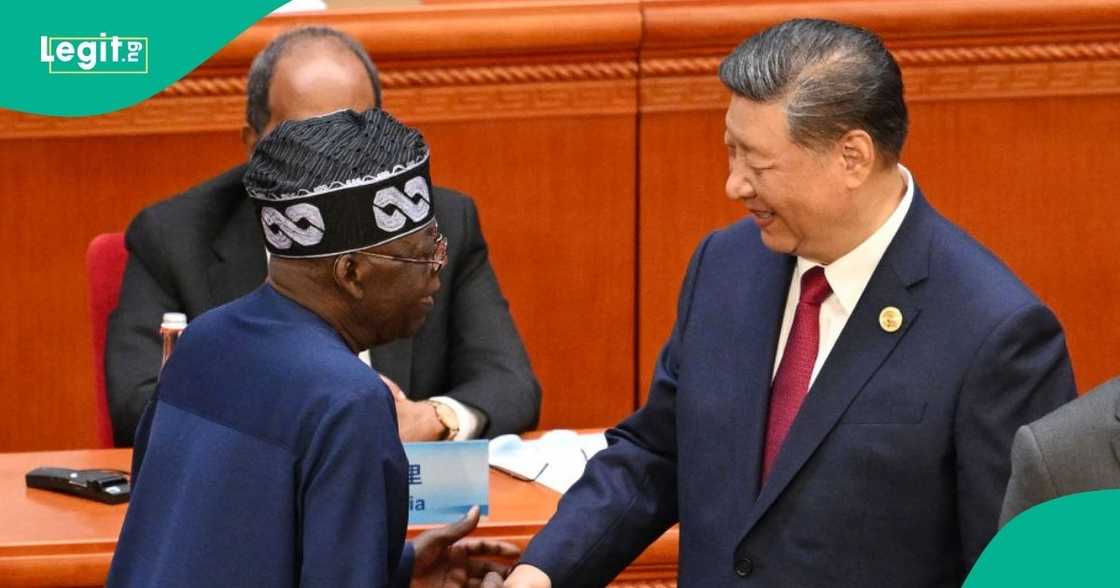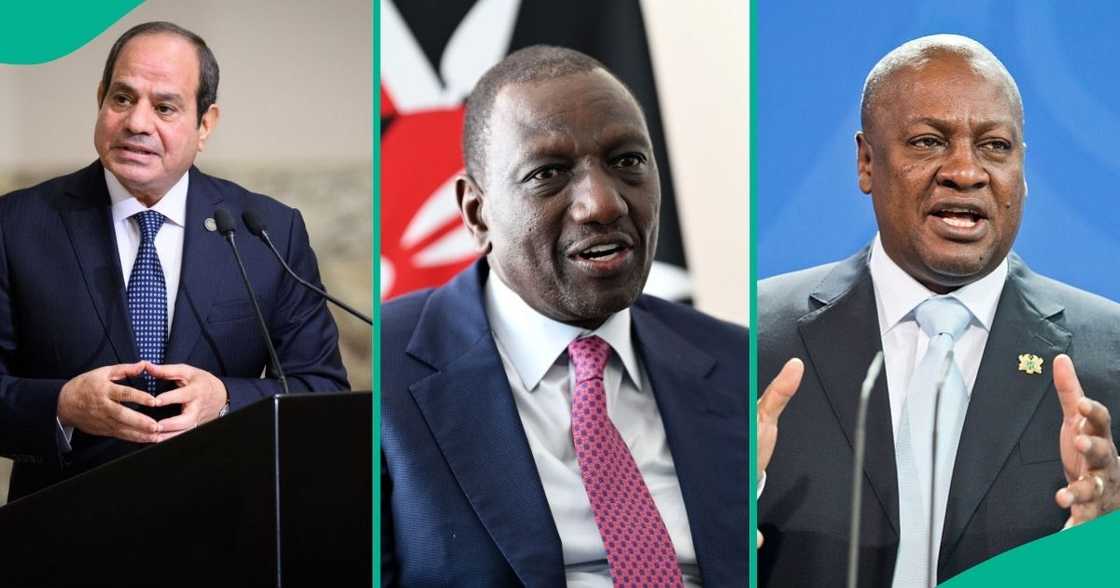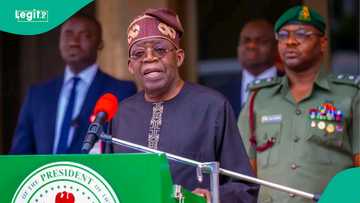Nigeria Ranks High as List Shows Top 10 African Countries With Highest Overall Debt to China
- About 10 African countries, including Nigeria, have emerged as the largest borrowers of Chinese loans in 10 years
- A recent database obtained from Boston University shows how much each African country owes and the number of borrowings
- The loans were reportedly used to finance critical infrastructure such as roads, railways, and power projects
Legit.ng’s Pascal Oparada has reported on tech, energy, stocks, investment and the economy for over a decade.
In the past 20 years, China’s fiscal engagement with Africa has grown immensely, especially in the areas of infrastructure funding.
The loans have helped to build critical infrastructure such as roads, railways, and power plants in several African countries.

Source: Getty Images
New data shows top borrowers from Africa
However, they have also raised critical questions about debt sustainability, repayment risks and the long-term autonomy of these economies.
According to a database compiled by Boston University’s Global Development Policy Centre, these Chinese loans provide a comprehensive loan agreement between China and African countries over 13 years, from 2000 to 2023.
The data revealed the total loan sum and also the number of individual loan agreements between Beijing and the African countries.
Chinese lending picked up in 2023, after several years of decline, reaching the highest level since 2016.
Angola: $46 billion
The data shows that Angola tops the list with $6 billion in loans from China via 270 borrowings.
The country’s repayment model is via crude oil, which became the earliest example of resource-backed borrowing in Africa.
Ethiopia: $14.5 billion
The East African country has borrowed a cumulative $14.5 billion from the Asian country, showing its dependence on Chinese loans, and has used it mostly for railways, power projects, and telecom infrastructure funding.
Part of the loans was used to fund the Addis Ababa-Djibouti Railway, financed entirely out of Chinese loans.
Nigeria, Kenya, and Egypt: $9.5 billion
Reports say Egypt, Kenya, and Nigeria came close, with each borrowing between $9.5 billion and $9.7 billion.
Egypt’s loans have helped to develop transportation, electricity, and real estate projects, while Kenya’s financing was critical in constructing the Standard Gauge Railway.
Similarly, Nigeria has used its Chinese loans for rail, road, and power infrastructure.
Zambia: $9.5 billion
Zambia’s debt to China comes from 82 borrowings, the largest number in the top 10, suggesting frequent borrowing for smaller-scale or diversified infrastructure efforts.
Others include South Africa, South Sudan, Sudan, Ghana, and Cameroon, each owing over $5.9 billion, showing years of engagement across transport, energy, and public service sectors.
Concerns over external debts
Growing Chinese obligations among African countries show the continent’s dependence on external funding for development.

Source: Getty Images
However, Chinese loans have allowed tangible infrastructure development that other Western finance corporations often hesitate to give.
However, Africa’s dependence on external borrowings, especially from Beijing, raises concerns about debt distress, limited fiscal space, and vulnerability to external factors.
Nigeria's debt servicing surges amid N144trn loans
Legit.ng earlier reported that according to reports, domestic debt service cost for the year under review stood at N5.97 trillion, representing a 14.15% increase from N5.23 trillion in 2023.
The increase is due to higher interest rates and rising domestic borrowing.
Nigeria spent about $4.66 billion on external debt servicing, an increase of 167% from N2.57 trillion recorded in the previous year.
Source: Legit.ng





